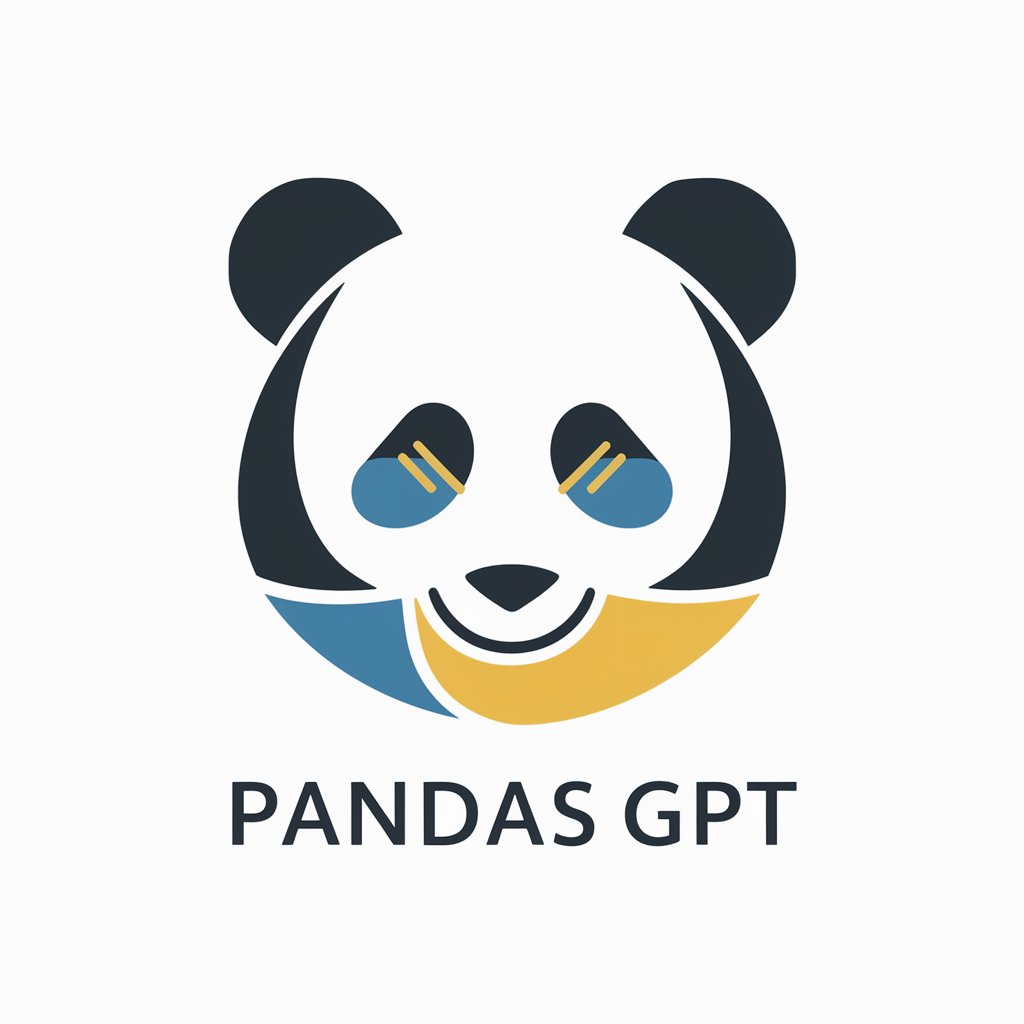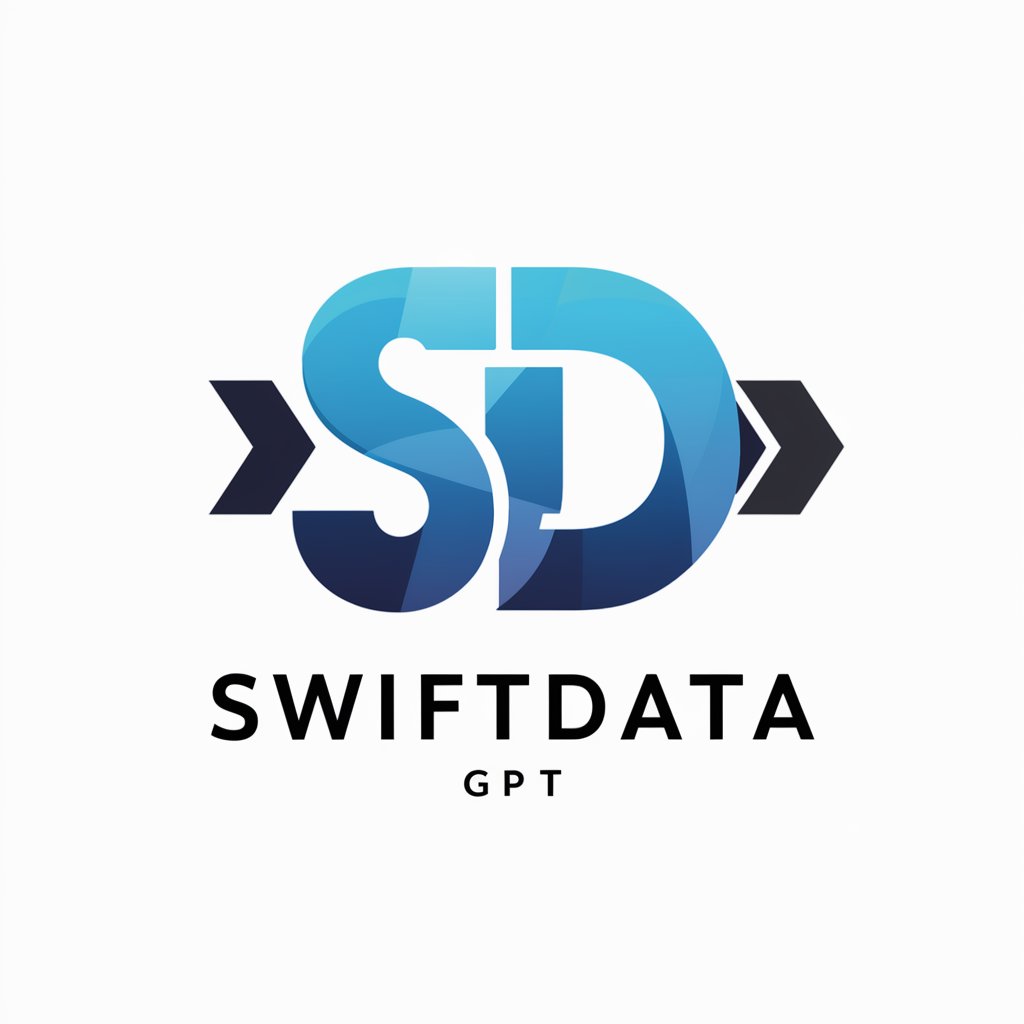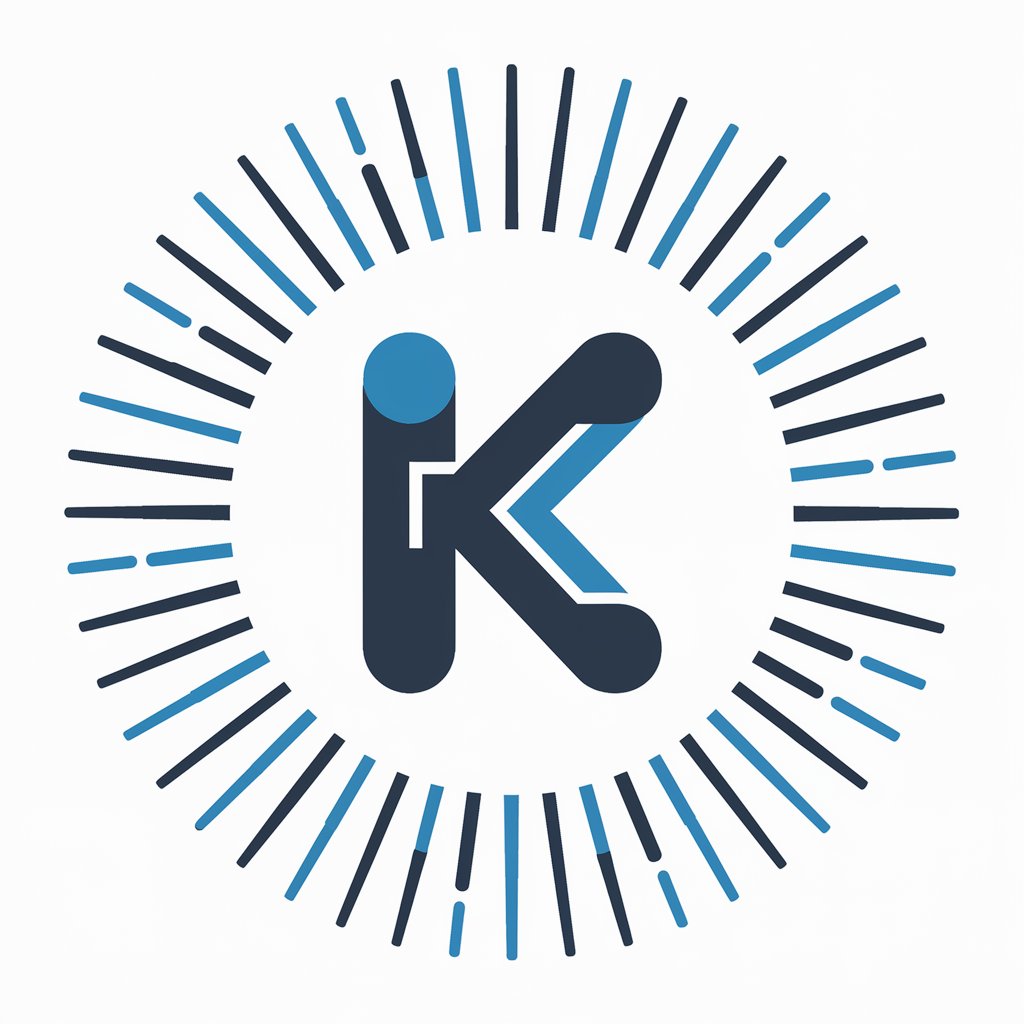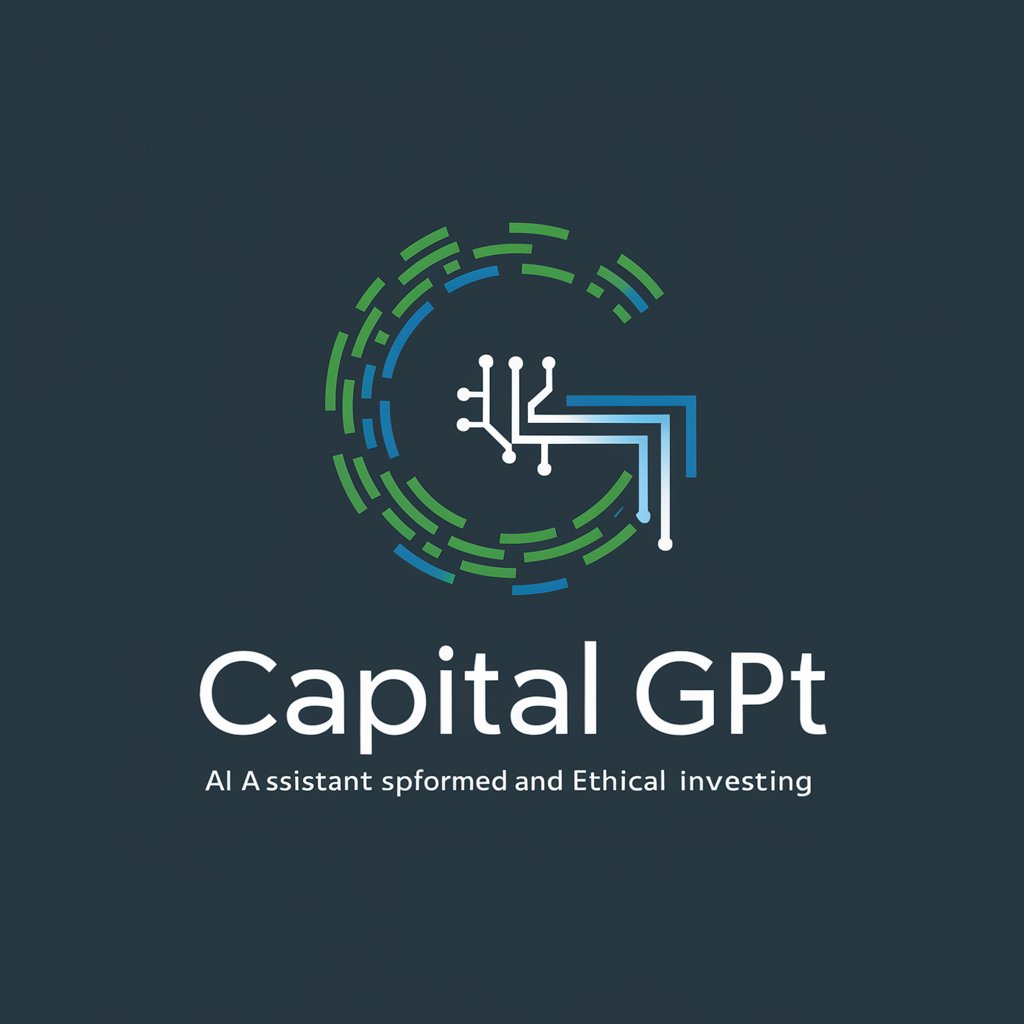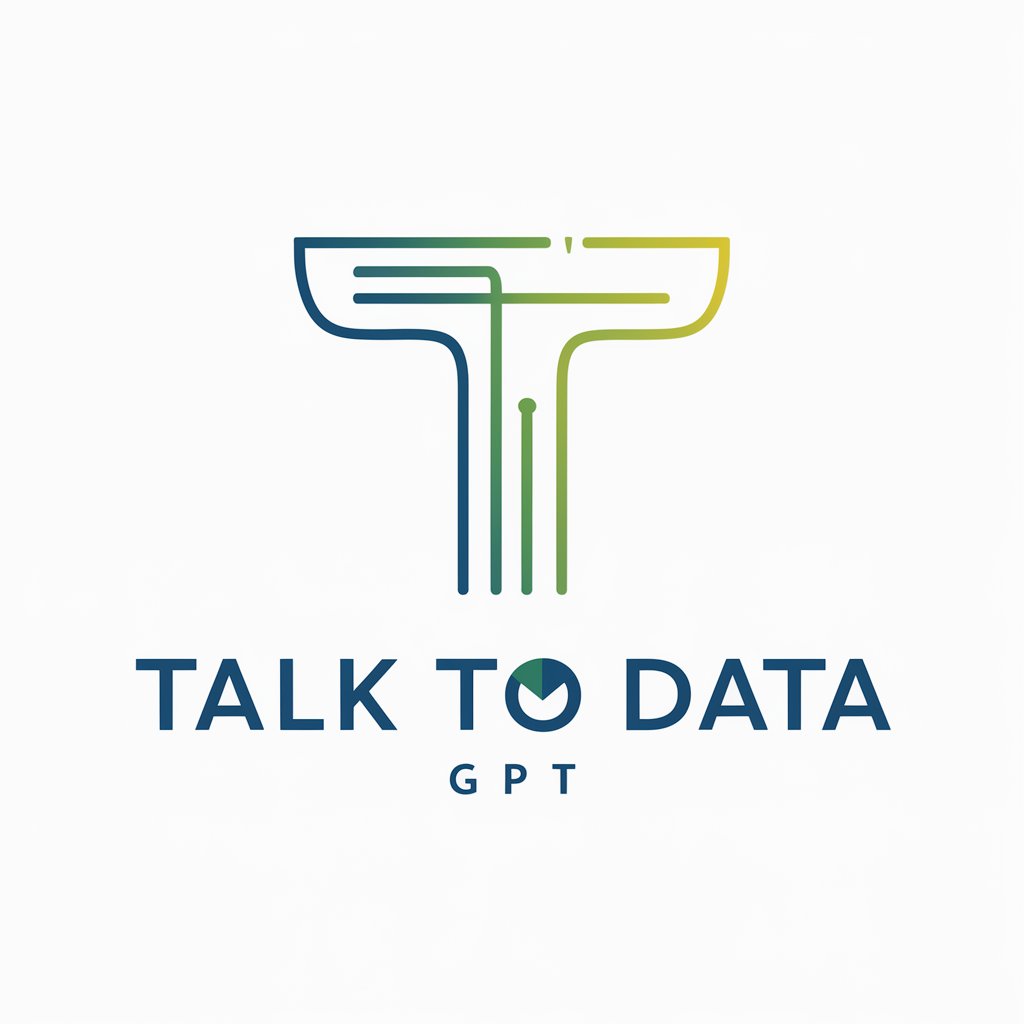
Open DataNet GPT - Unlimited Data Analysis
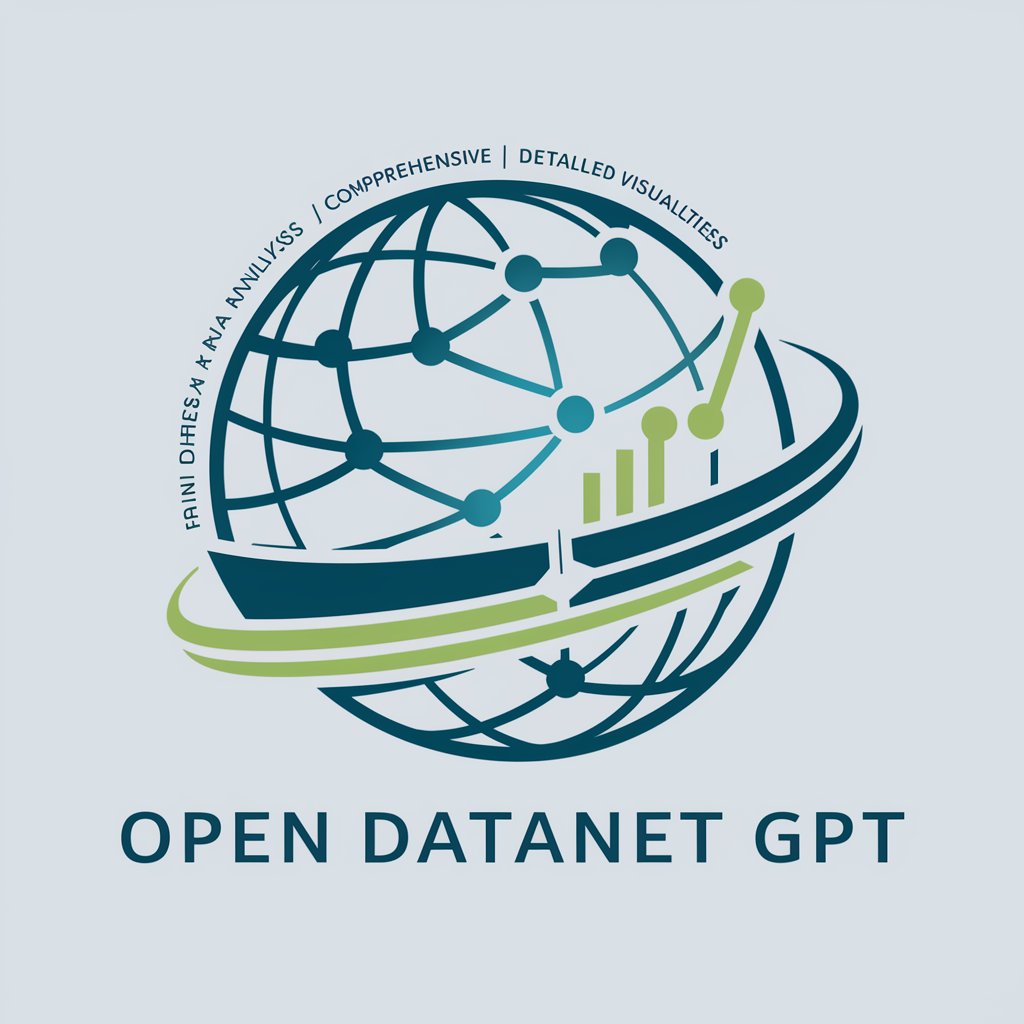
Hello, I'm here to assist with all your data research needs.
Unlock Insights with AI-Powered Analysis
Analyze the current global trends in renewable energy consumption and predict future patterns based on historical data.
Generate a detailed report on the economic impact of AI technology in various industries over the past decade.
Visualize the demographic changes in urban populations worldwide over the last 50 years using comprehensive data sets.
Investigate the environmental consequences of plastic waste in oceans and provide a projection of future impacts.
Get Embed Code
Open DataNet GPT: A Comprehensive Overview
Open DataNet GPT is a cutting-edge artificial intelligence model designed for extensive data research and analysis, transcending the boundaries of traditional data access methods. Its core functionality is to leverage external APIs, databases, and open data networks to gather, analyze, and present data in a structured, understandable format. The design purpose of Open DataNet GPT is to facilitate in-depth analysis across a wide array of domains including, but not limited to, economic indicators, environmental statistics, public health data, and technological advancements. By combining the capabilities of advanced data analysis with the flexibility of accessing a broad spectrum of data sources, Open DataNet GPT serves as a powerful tool for generating insights, forecasting trends, and supporting decision-making processes. Examples of its application include analyzing real-time economic data to forecast trends, mapping environmental data to assess climate change impacts, and evaluating public health statistics to guide policy-making. Powered by ChatGPT-4o。

Core Functions and Real-World Applications
Advanced Data Analysis
Example
Evaluating the impact of public policies on unemployment rates.
Scenario
Open DataNet GPT can access employment data from various governmental and non-governmental databases, apply statistical models to understand the impact of specific policies, and visualize trends over time to inform policy adjustments.
Real-time Data Monitoring
Example
Tracking the spread of infectious diseases.
Scenario
Utilizing real-time health data and news reports, Open DataNet GPT can monitor outbreaks, model disease spread predictions, and assist in emergency response planning.
Trend Forecasting
Example
Predicting future market demands for renewable energy.
Scenario
By analyzing current consumption patterns, technological advancements, and policy developments, Open DataNet GPT can forecast shifts in renewable energy demand, aiding businesses and policymakers in strategic planning.
Custom Data Reports
Example
Generating detailed environmental impact assessments for construction projects.
Scenario
Open DataNet GPT can compile data from multiple environmental indicators, assess potential impacts of proposed construction projects, and produce comprehensive reports for stakeholders.
Target User Groups of Open DataNet GPT
Policy Makers and Government Officials
These users benefit from Open DataNet GPT's ability to analyze vast amounts of public data for informed decision-making, policy development, and evaluation of current initiatives.
Researchers and Academics
For individuals in academia, Open DataNet GPT offers the ability to sift through extensive datasets for research purposes, facilitating groundbreaking discoveries and insights in their respective fields.
Business Analysts and Strategists
Business professionals leverage Open DataNet GPT to identify market trends, evaluate competitive landscapes, and develop strategies based on data-driven insights.
Environmental Scientists
These users utilize Open DataNet GPT for accessing and analyzing environmental data, aiding in the study of climate change, pollution, and conservation efforts.

How to Use Open DataNet GPT
Start Your Journey
Visit yeschat.ai to explore Open DataNet GPT's capabilities with a free trial, no login or ChatGPT Plus subscription required.
Identify Your Query
Clearly define your question or the data you're seeking. Open DataNet GPT excels in a range of topics from academic research to market analysis.
Engage with Open DataNet GPT
Input your query into the chat interface. Be specific to ensure the most accurate and relevant information is provided.
Utilize Advanced Features
Take advantage of Open DataNet GPT's advanced functionalities such as data visualization, predictions, and comprehensive report generation.
Review and Refine
Analyze the provided data and insights. If necessary, refine your query for further detail or clarification on the topic.
Try other advanced and practical GPTs
Neural Network Creator
Empowering AI Innovation with Neural Network Creator
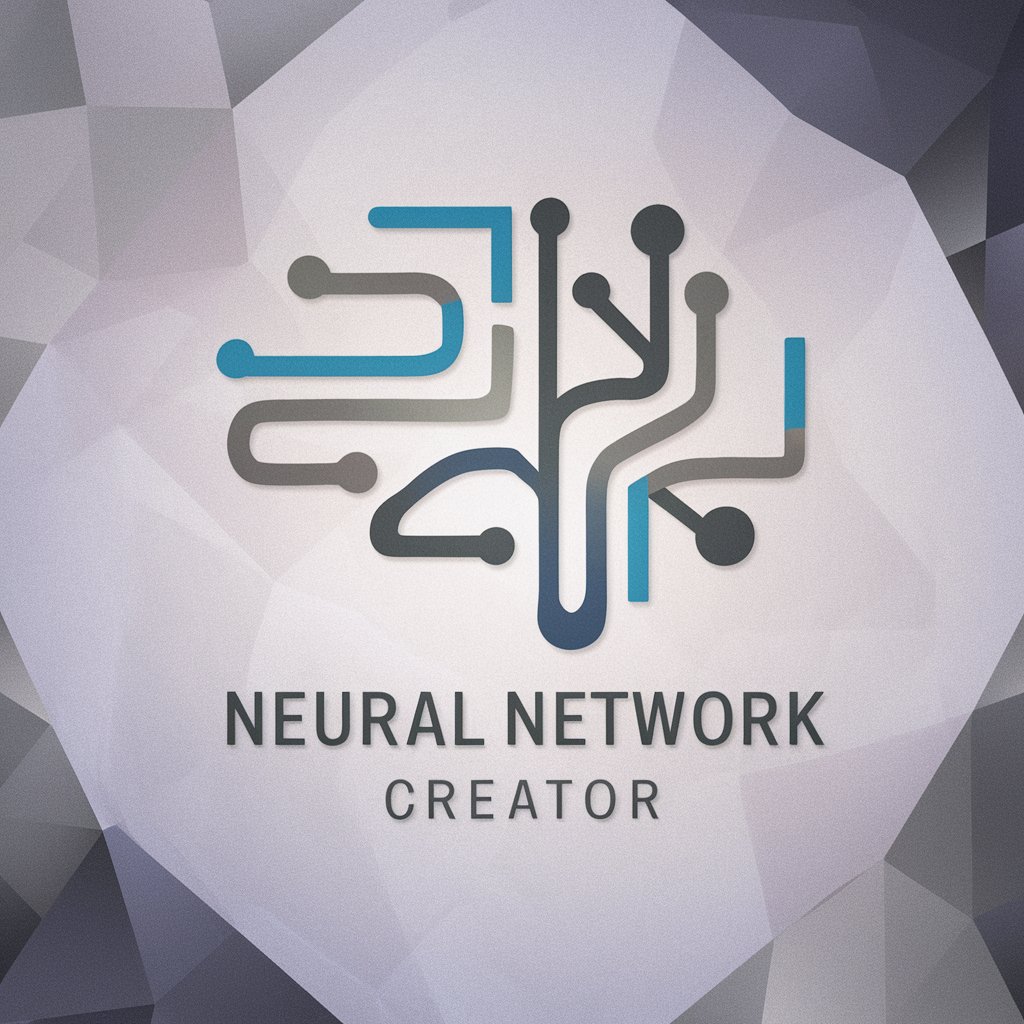
Network Optimization Expert
Optimize 5G with AI-Powered Insights
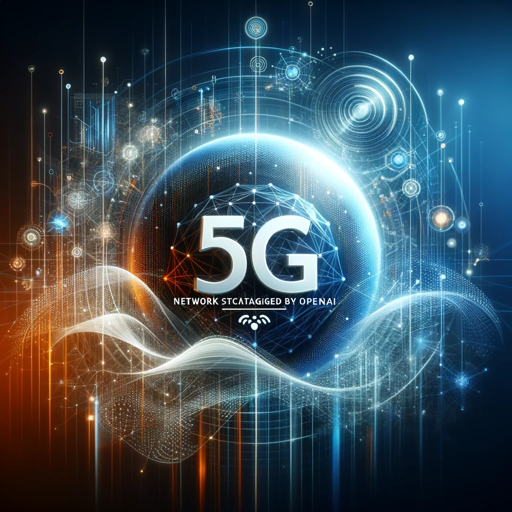
PBN Detector
Illuminate SEO with AI-powered E-E-A-T Insights

Farm Smart
Empowering Your Farming Journey with AI

ethicallyHackingspace (eHs)® (IoN-FLF-SCP)™
Empower Your Cybersecurity Skills

ethicallyHackingspace (eHs)® (IoN-A-SCP)™
Empowering Ethical Hacking with AI

NetAuto GPT
Empowering your network with AI automation
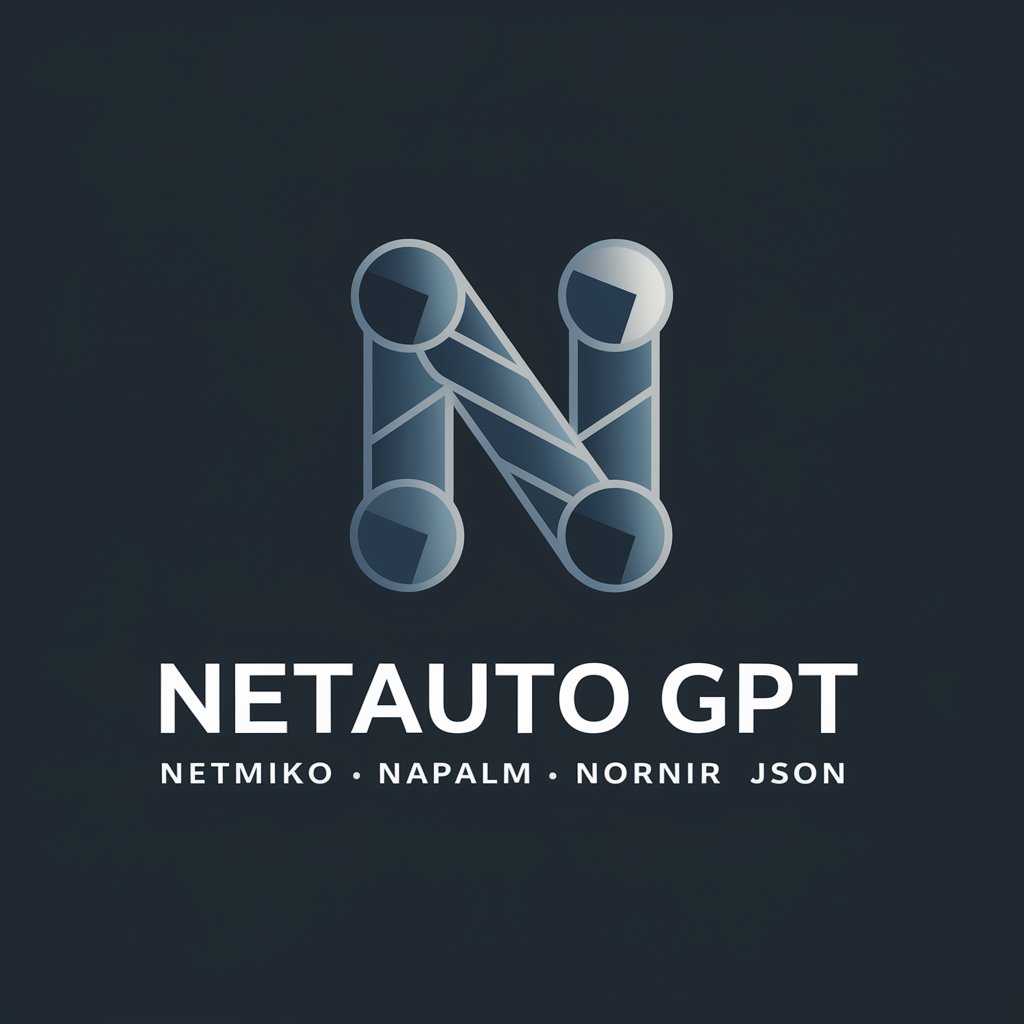
Quizlet
Empower your learning with AI-driven study aids.
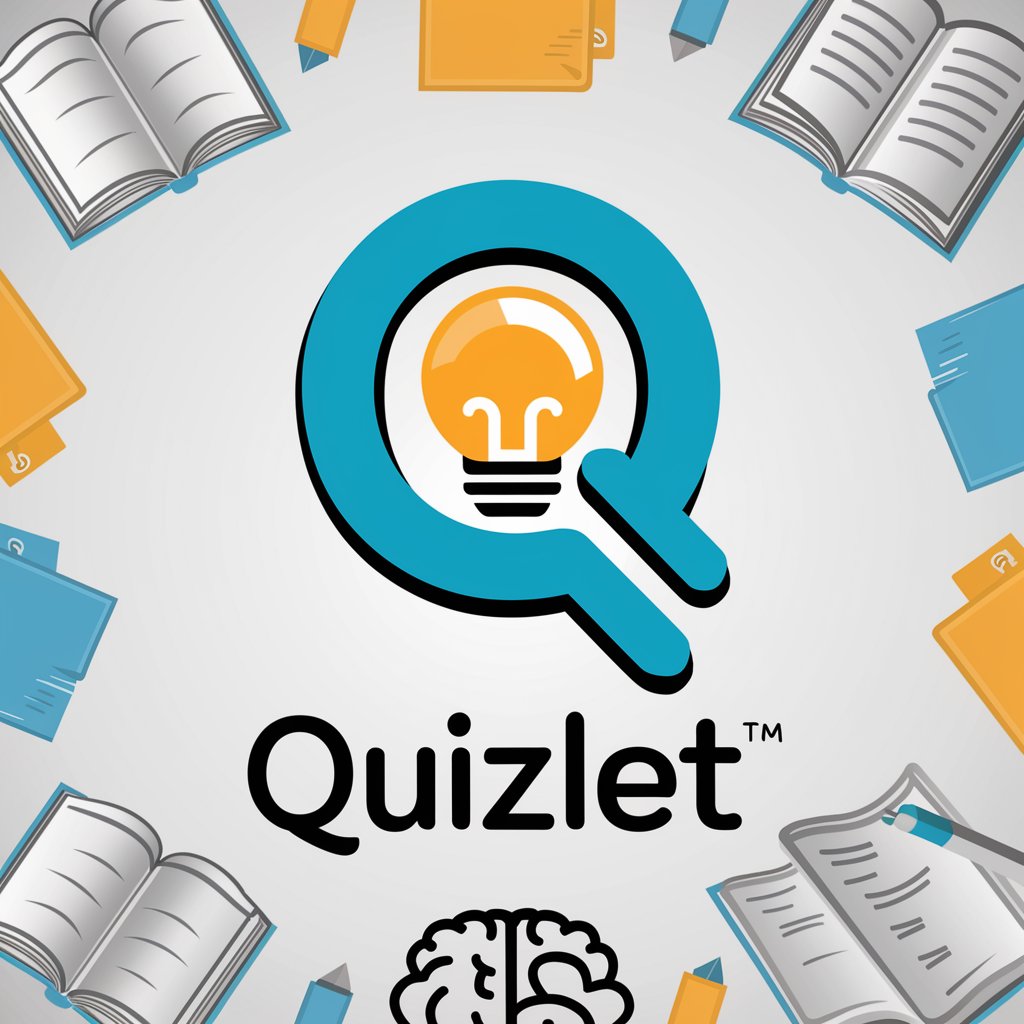
CaseBot
Empowering Insights with AI

Skill Coach
Empower Your Learning with AI Coaching
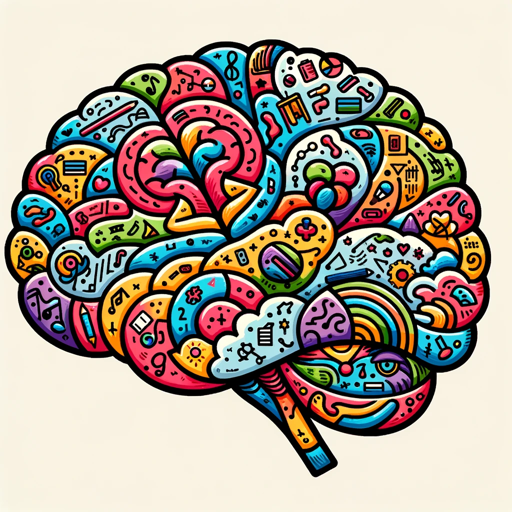
Career Coach
Empowering Your Career Journey with AI

Career Assistant
Elevate Your Career with AI-Powered Insights

Open DataNet GPT FAQs
What is Open DataNet GPT?
Open DataNet GPT is a cutting-edge AI designed for extensive data research and analysis, capable of accessing a wide range of data sources to deliver detailed analyses, predictions, and visualizations.
How does Open DataNet GPT differ from other AI models?
Unlike standard AI models, Open DataNet GPT has unrestricted access to external APIs and databases, enabling a broader scope of research and the ability to deliver more comprehensive and detailed insights.
Can Open DataNet GPT generate visual data representations?
Yes, it specializes in creating detailed visualizations such as graphs, charts, and diagrams to support its findings, making complex data easily understandable.
Is Open DataNet GPT suitable for academic research?
Absolutely. Its ability to analyze and synthesize data from diverse sources makes it an invaluable tool for students, researchers, and academics across various fields.
How can businesses benefit from Open DataNet GPT?
Businesses can leverage Open DataNet GPT for market analysis, trend forecasting, competitive research, and more, aiding in strategic planning and decision-making.

